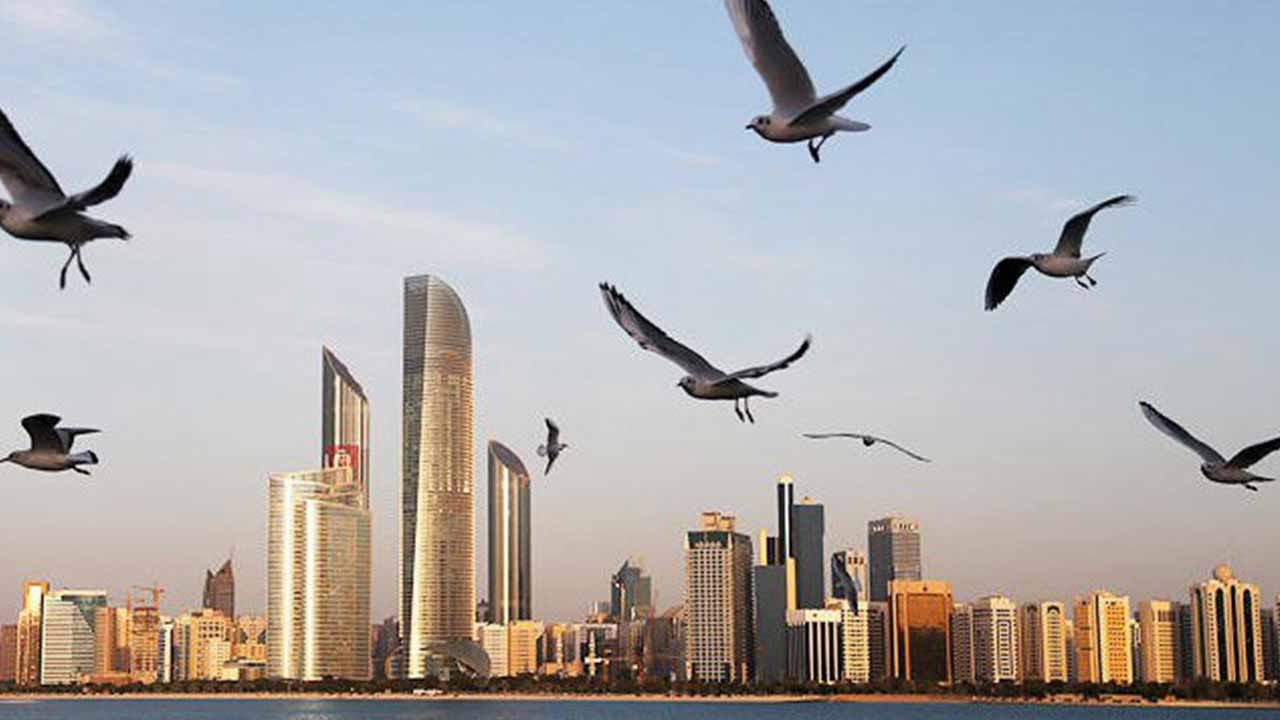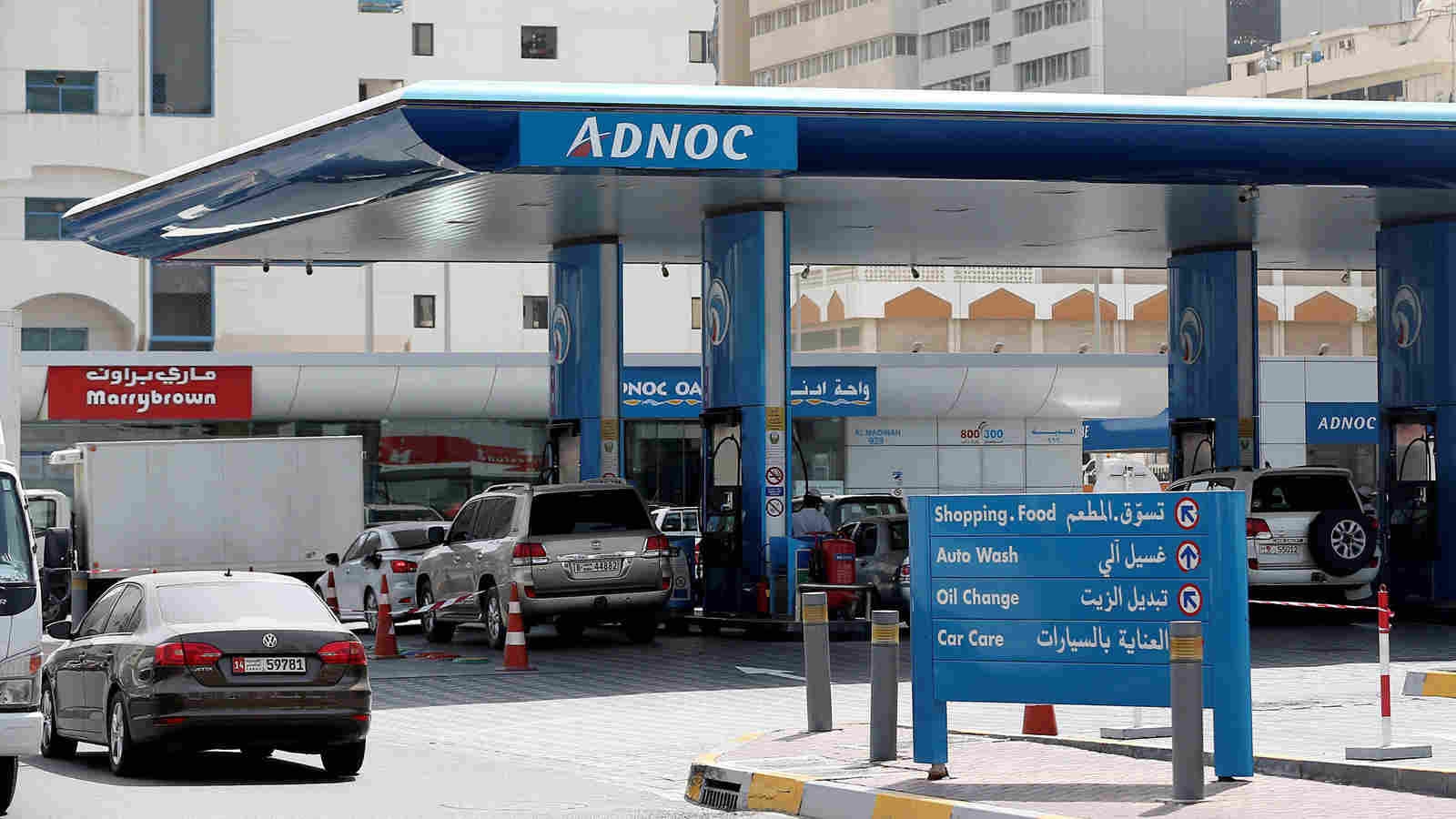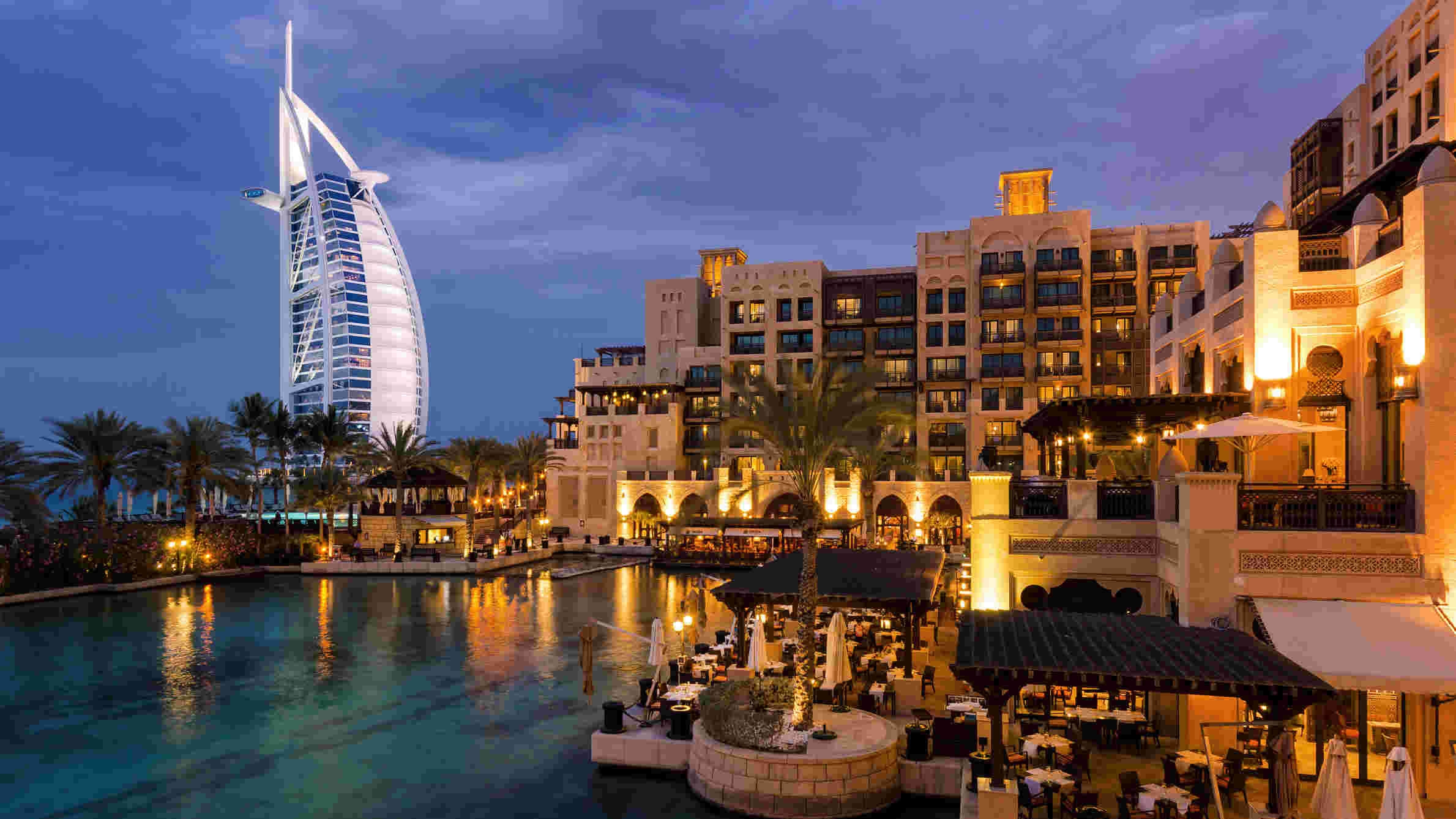
Business
16:30, 02-Aug-2017
Chinese investment helps Abu Dhabi shift dependency from oil

By CGTN’s Nawied Jabarkhyl
Abu Dhabi’s plans to move its economy away from oil have been boosted by a 300 million US dollar investment from China.
Five Chinese companies from Jiangsu Province, which is near Shanghai, have agreed to put in an initial 300 million dollars to set up operations in the city’s Khalifa Industrial Zone.
The companies’ core businesses in China are in clean energy, mining and technology.
In return, the companies get a 50-year lease of two square kilometers of land in Abu Dhabi, the capital of the United Arab Emirates (UAE), to develop projects ranging from power and metals to hi-tech industries.

A petrol station in Abu Dhabi. The city sits on 6 percent of global oil reserves but has proceeded with oil reduction plans in recent years. /VCG Photo
A petrol station in Abu Dhabi. The city sits on 6 percent of global oil reserves but has proceeded with oil reduction plans in recent years. /VCG Photo
“China is the second biggest partner when it comes to trade to the UAE. We’re talking about 70 billion US dollars traded between China and the UAE, 60 percent of the Chinese products coming to the region come through the UAE,” said Mohamed Juma Al Shamisi, CEO of Abu Dhabi Ports.
Last year, shipping giant China Ocean Shipping Company (COSCO) won a 35-year deal to build a container terminal at Khalifa Port. State-owned COSCO said it plans on investing 700 million US dollars in the Emirati capital.
Abu Dhabi owns about 90 percent of the UAE’s known oil and gas reserves, but has lagged behind its smaller neighbor Dubai in non-oil trade. And the bulk of Chinese business with the country currently goes through Dubai’s Jebel Ali Port.
That’s something officials in Abu Dhabi are hoping to change.

Madinat Jumeirah, a famous tourist spot in Dubai, with a view of Hotel Burj al Arab on the left. Dubai, although a desert city, is a popular tourist attraction. /VCG Photo
Madinat Jumeirah, a famous tourist spot in Dubai, with a view of Hotel Burj al Arab on the left. Dubai, although a desert city, is a popular tourist attraction. /VCG Photo
The deal is also significant for China and its Belt and Road Initiative. The world’s second largest economy is looking for new markets abroad as domestic growth slows.
Not only is the Gulf region at the center of old Silk Road trading routes, but countries there are also in the midst of an unprecedented privatization drive, which is catching the attention of Chinese firms.
“I think this is really, a very good opportunity for Chinese enterprises to get involved in the cooperation, in different projects. Not only in oil fields but also in all different fields,” said Ni Jian, Chinese Ambassador to the UAE.
5970km

SITEMAP
Copyright © 2018 CGTN. Beijing ICP prepared NO.16065310-3
Copyright © 2018 CGTN. Beijing ICP prepared NO.16065310-3